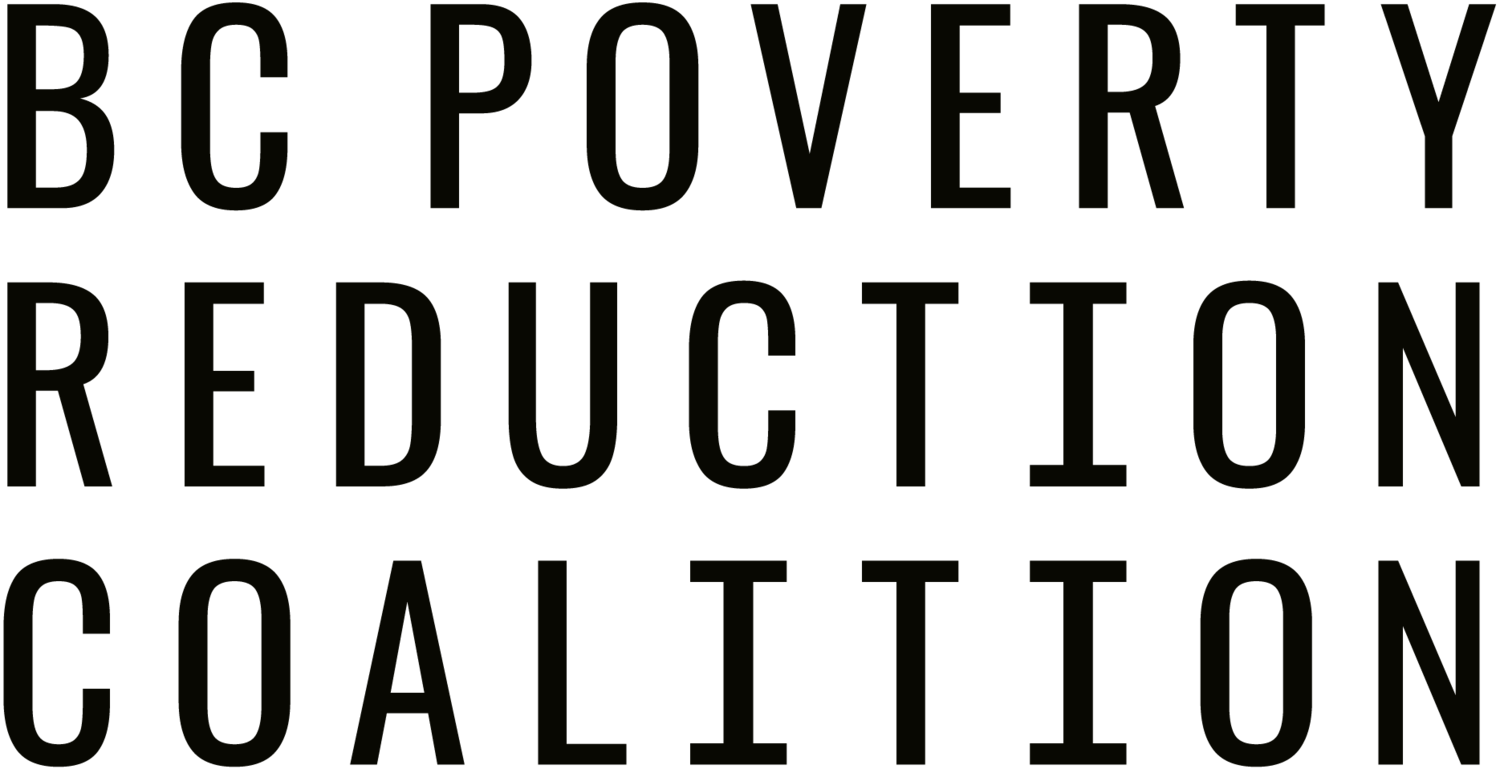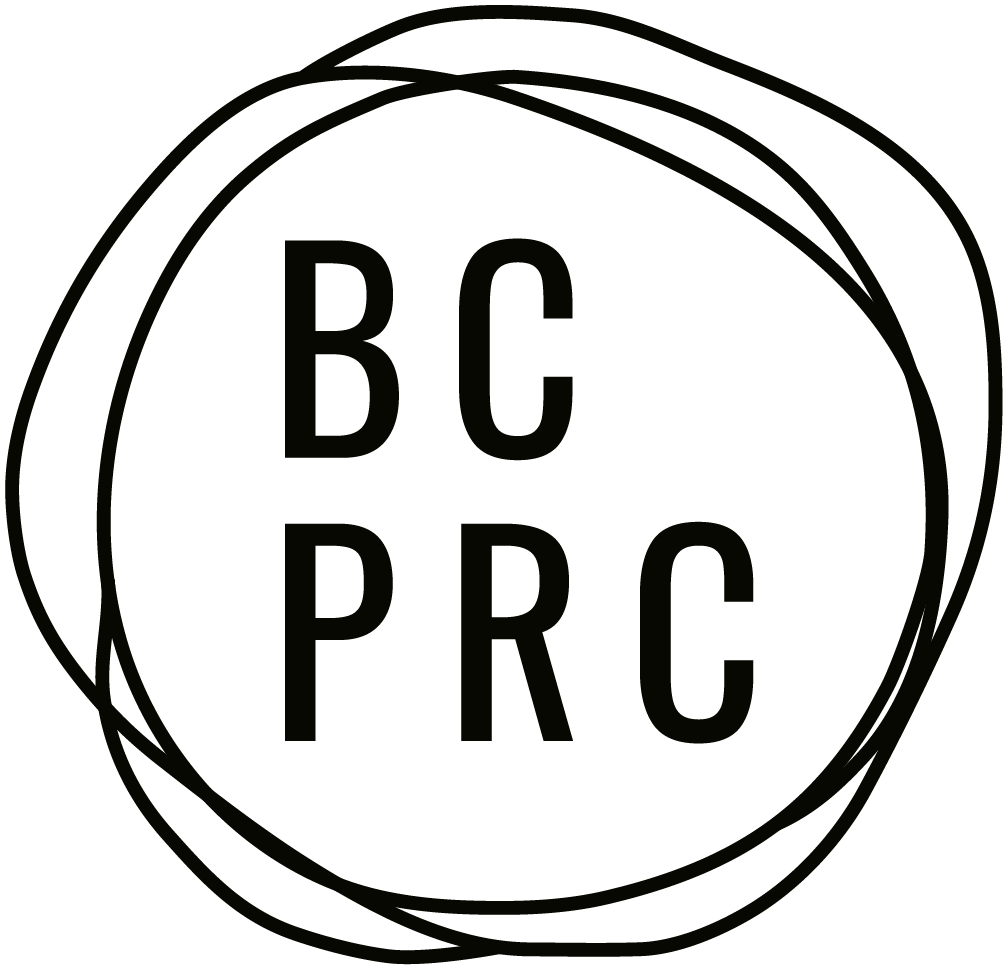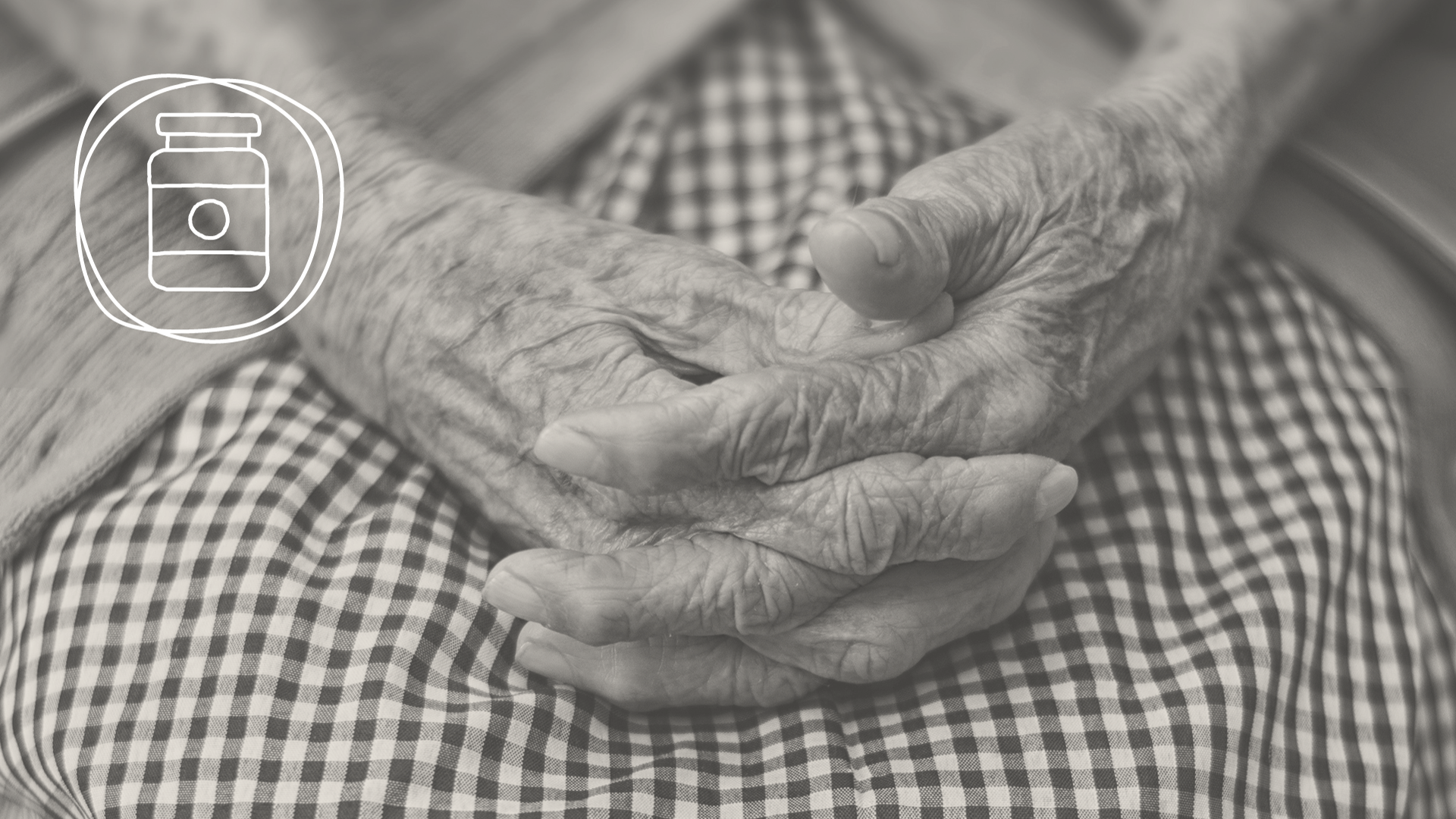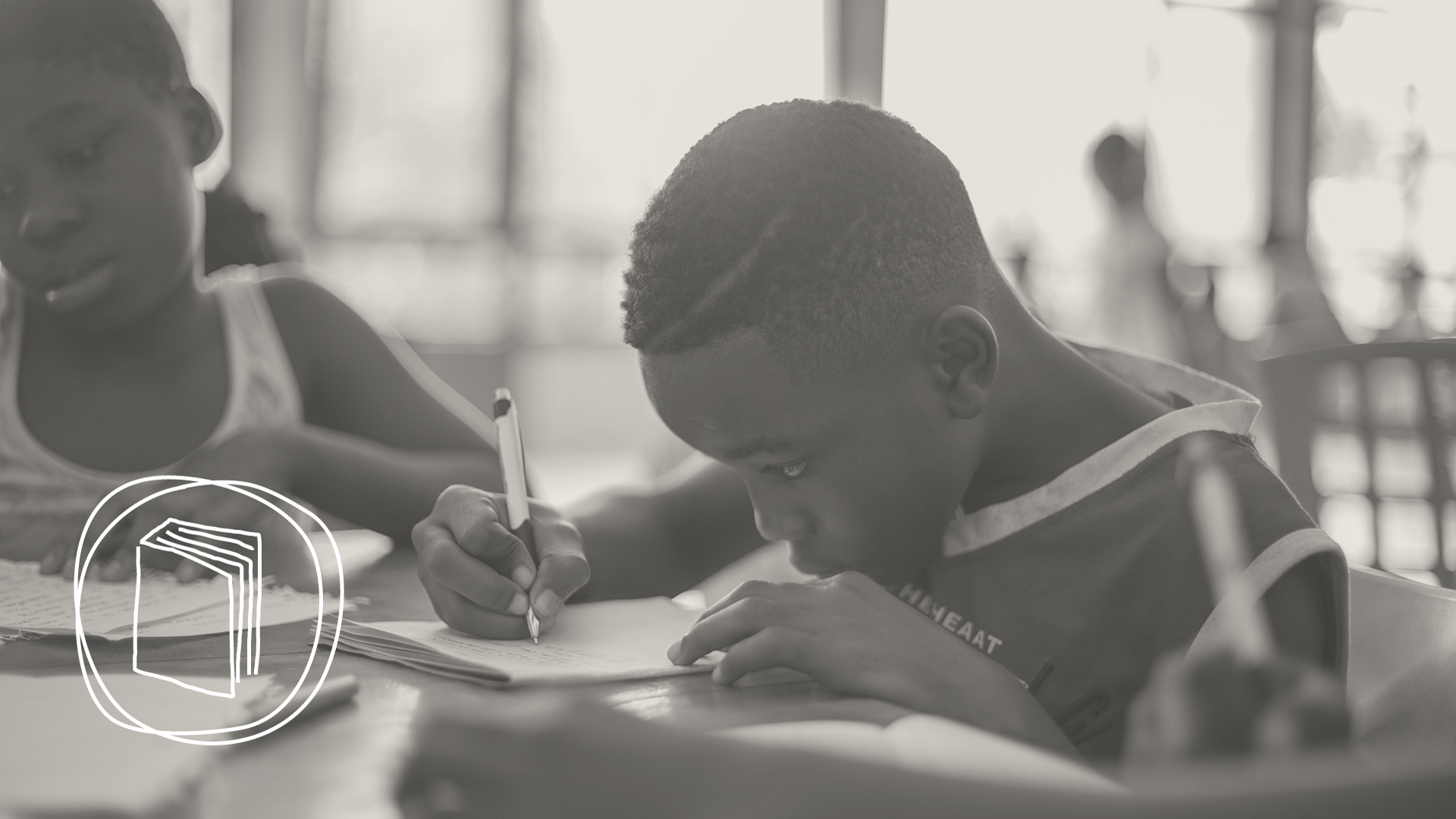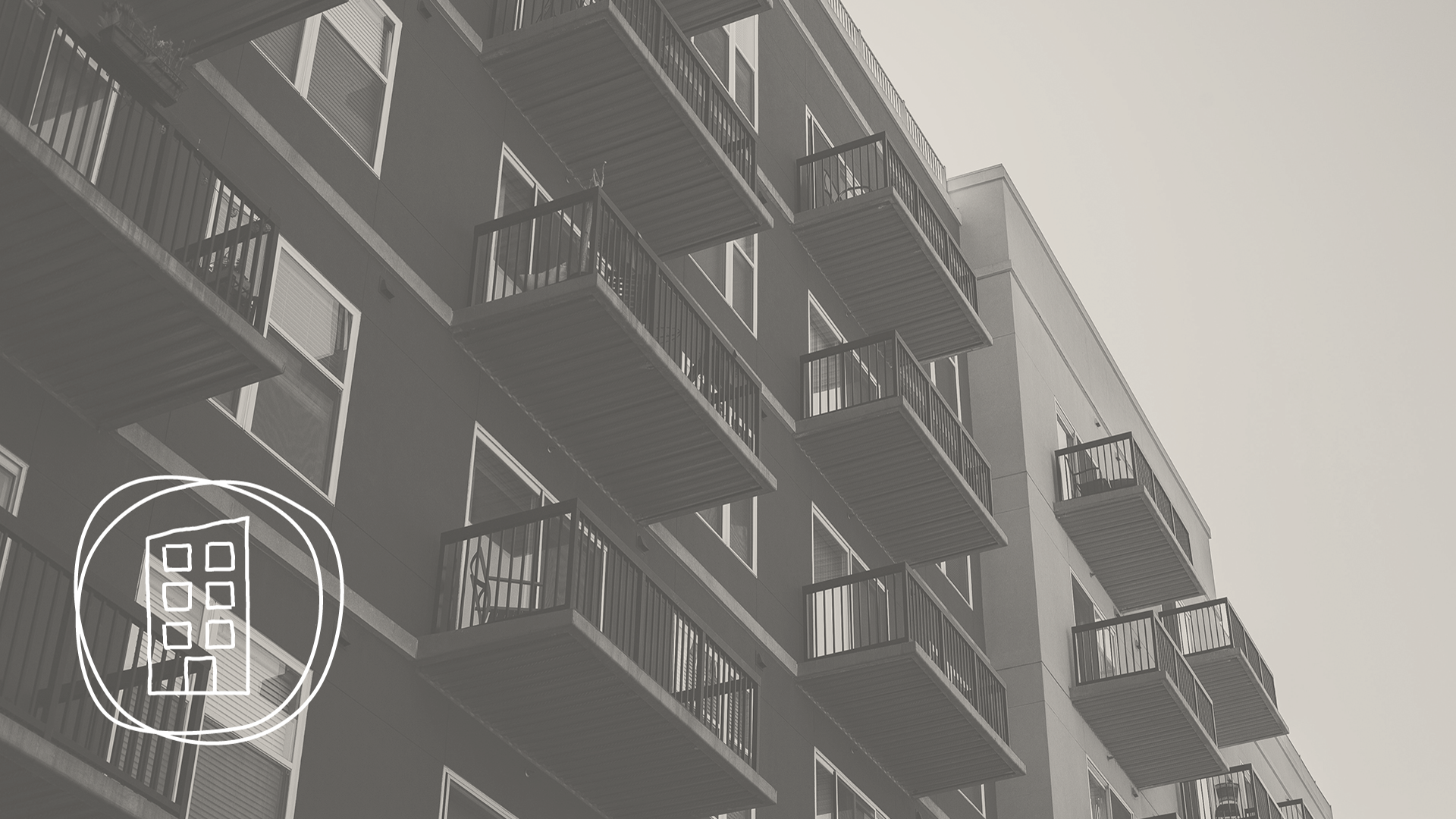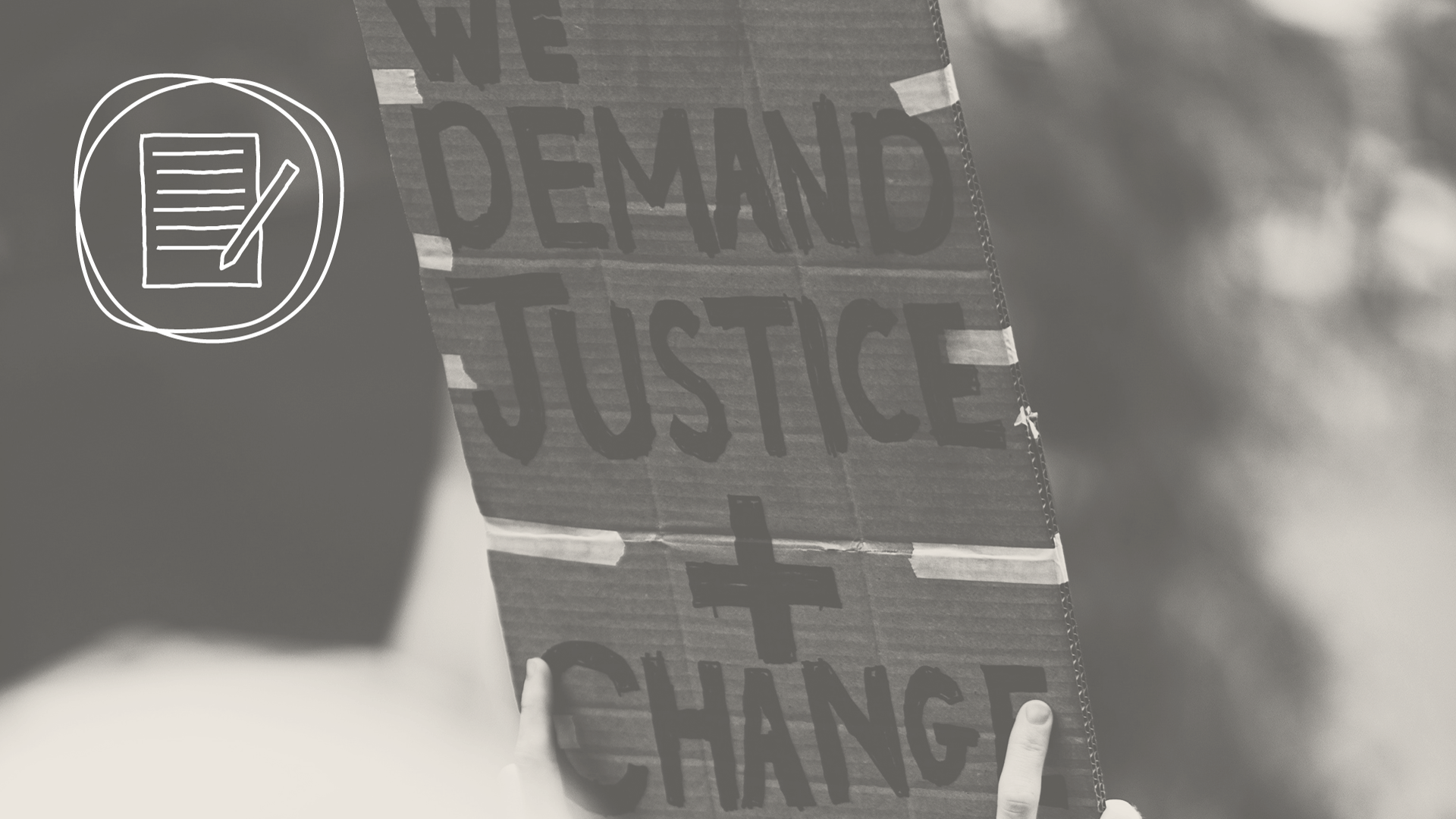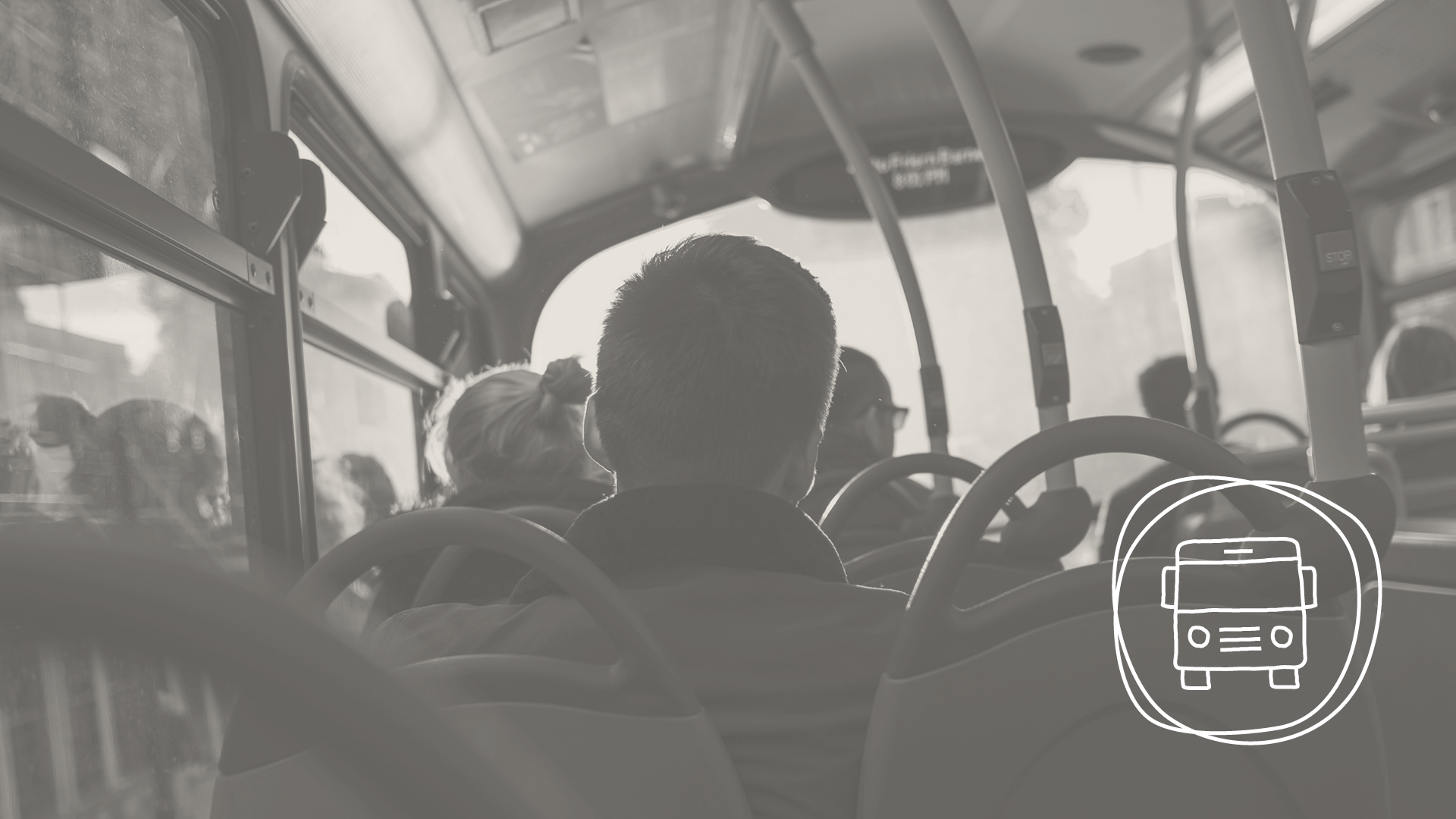Universal Basic Services
The right to a good life for all.
How do we support every British Columbian in realizing their full potential? Our Universal Basic Services framework defines the right to a good life for all British Columbians through the guarantee of a basic quality of life for all. In Social prosperity for the future: A proposal for Universal Basic Services, the University College London (UCL) Institute for Global Prosperity makes a bold case for the full provision of universal basic services that are ‘free at the point of use’. In order to be a fair and decent society, we must make sure that we are not reduced to consumers in pursuing connected and dignified lives.
Our Universal Basic Services principle charts a path for universal access and democratic public ownership in B.C. It allows us to move past often polarizing ‘us and them’ narratives that perpetuate stigma towards who may be in need; to move beyond narratives of who is and who isn’t deserving of support, and the further false division of those in need into the ‘deserving’ and ‘undeserving’ poor. Targeting and means testing low and moderate-income households, in order to determine who should have access to the necessities of life, are stigmatizing and undignified measures.
The BC Poverty Reduction Coalition has long defended and advocated for our publicly funded, publicly provided health care and education systems, and our emergent child care system in B.C. Our UBS principle broadens our vision to establishing six public systems with the inclusion of democracy and legal services, housing, transportation, and information as publicly funded, publicly provided, and universally accessible basic services. Our UBS principle defines basic services and unconditional access to them as a human right. Indeed, these services are essential to our indivisible economic, social, cultural, and civil and political rights.
BCPRC Universal Basic Services Guiding Tenets
Publicly funded, publicly provided universal basic services for all. Our UBS framework requires that it is the public sector, not the private sector, that provides universal basic services free at the point of use for all.
Universal Basic Services are interconnected and indivisible. The opportunity to achieve a dignified and full life depends on the interconnected accessibility of all universal basic services. Our economic, social, and cultural rights must not be separated from each other, or from our civil and political rights. If these rights are falsely separated, we cannot ensure economic justice and equitable participation in democracy in all aspects of cultural and civic life.
Equity in access and outcomes matters. We propose that basic public services that uphold access to a connected and full life are a human right. We call for service innovations that specifically address the needs and priorities of communities experiencing intersecting forms of marginalization and systemic discrimination as they access and interact with services.
Democratic community ownership and impact. The development of universal basic services in B.C. must engage communities in this development, with durable structures for on-going impact and feedback in place. We support a vision of universal basic services defined by universalism, democratic public ownership, co-operatives, and collective consent.
Universal Basic Services must accompany a robust and targeted social safety net. A UBS framework must run alongside the need for targeted cash payments such as the Canada Child Benefit and income and disability assistance, and other supports such as Employment Insurance, any form of basic income, and other forms of cash transfers to low income households in a progressive welfare system.
Health Care
Expansion and protection of our publicly funded health care system to ensure equitable access to health care for all.
Our recommendations:
General Health Care
Provide universal coverage of basic dental care within our health care system.
Increase investment and support for community health centres throughout B.C.
Provide a comprehensive program to supply assistive devices and personal equipment such as wheelchairs, mobility aids, communication aids, and respiratory devices for people living with those respective disabilities.
The federal government must implement universal Pharmacare that includes coverage of prescription drugs, vision care, and hearing aids.
Provide mandatory training for all health practitioners to ensure the rights and safety of LGBTQIA2S+ communities as they access health care.
Mental Health
Implement a trauma-informed, harm reduction, approach in the provision of all health care and related services.
Install an independent Mental Health Advocate within the Ministry of Mental Health and Addictions.
Integrate no-to-low cost counselling and other evidence-based mental health therapies into primary care networks and community health centres to support people in accessing mental health care at the first sign of illness.
Provide counselling and other evidence-based mental health therapies free at the point of use for all.
Information
Fulfilling our right to online access, safety, and security.
Our recommendations:
Provide publicly funded, universally available, high-speed at-home Internet access for all in B.C. regardless of immigration or citizenship status.
Address the digital divide during the pandemic and beyond and implement an initiative to provide $10-a-month high-speed at-home Internet access for all living at or below the Market Basket Measure poverty line, as well as all those accessing any form of education in B.C.
Provide a B.C. Technology Fund and non-repayable grants to all enrolled in the $10-a-month affordability initiative and increase digital literacy training province-wide to address online safety, security, privacy, and disinformation.
Implement the Indigenous Framework for Innovation and Technology to create sustainable access to digital and connected technologies for all 203 Indigenous communities in B.C., both on and off-reserve.
Education and Child Care
Education recommendations:
Protecting and expanding our publicly funded education system.
K-12
Adequately fund K-12 education to end the need for parent fees and fundraising, ensure library, staff resources, and special needs assessment and support.
Implement a national healthy school food program through the Ministry of Education and provide a healthy, free, lunch for all students in B.C.
Higher Education
Reduce tuition fees by 50% and increase the availability of non-repayable post-secondary bursaries and grants for low-income students.
Increase base funding to colleges and universities by at least $200 million starting in the 2020/21 year.
Provide the first year of all college and trade programs tuition-free.
Address the rise of precarious work in higher education.
Child care recommendations:
Strengthening our emergent child care plan in B.C.
We endorse the $10-a-day Child Care Plan and recommend government cease income-testing and continue to build and support our emergent $10-a-day plan for B.C.
Consider the disproportionate impact of precarious labour within the child care sector on women and implement a provincial wage grid for early child educators to raise wages, and address recruitment and retention.
Transfer the Child Care Branch from the Ministry of Children and Family Development to the Ministry of Education.
Increase the universal Fee Reduction Initiative with a cap on fees and expand the number of $10-a-day prototype sites.
Establish a child care capital budget and further work with communities to plan, fund, and build new publicly owned child care facilities. This should begin with the purchase of bulk modular child care buildings to be located on public land across the province.
Housing
Building a durable foundation of affordable housing throughout B.C.
Our recommendations:
Implement vacancy control and tie rent to the unit.
Continue to build a continuum of social housing that offers a flexible range of supports that respects the choice and autonomy of citizens to transition into safe, permanent housing.
Increase the stock of modular units with wrap-around supported services to tackle homelessness province-wide.
Build all social and affordable housing according to principles of universal design.
Address the need for affordable housing in Metro Vancouver and build a minimum of 10,000 new units of non-market rentals, public housing, and co-op housing per year, starting in 2021.
Increase the province-wide stock of all forms of social housing.
Increase the province-wide stock of non-market rental, public and co-op housing, with 20,000 new units per year starting in 2021.
Follow all guidelines and recommendations in the United Nations Special Rapporteur on the Right to Housing Report, A National Protocol for Homeless Encampments in Canada.
Democracy and Legal Services
Democratic participation and access to justice for all.
Our recommendations:
Legislate BC’s Permanent Residents’ right to vote in municipal elections in BC.
Lower the federal and provincial voting age in Canada from 18 to 16.
Fully restore and fund poverty law legal aid in BC to address areas such as income security, employment, housing, and debt.
Provide mandatory training to ensure all practitioners providing legal aid are trained in trauma-informed, culturally safe practises that include power analysis and gender-based violence training.
Increase funding to the Human Rights Tribunal to stop extensive delays and restore service levels.
Ensure Internet access, access to technology, and in-person support to those accessing the legal system online.
Apply a gender-based analysis lens (GBA+) to all legal aid funding in BC.
Transportation
Universally accessible basic mobility for all.
Our recommendations:
Free-fare public transit.
Step: Implement free transit for all youth 0-18 in every transit system in B.C.
Step: Implement a sliding scale fare system based on income in every transit system in B.C.
Cease ticketing minors for fare evasion in all transit systems in BC.
Implement community service as a do-no-harm alternative to fare evasion fines for low-income adults in every transit system in B.C.
Apply an equity lens to all provincial, regional, and municipal transportation planning to ensure all forms of transportation infrastructure are affordable, accessible, and safe for at-risk and low-income community members.
